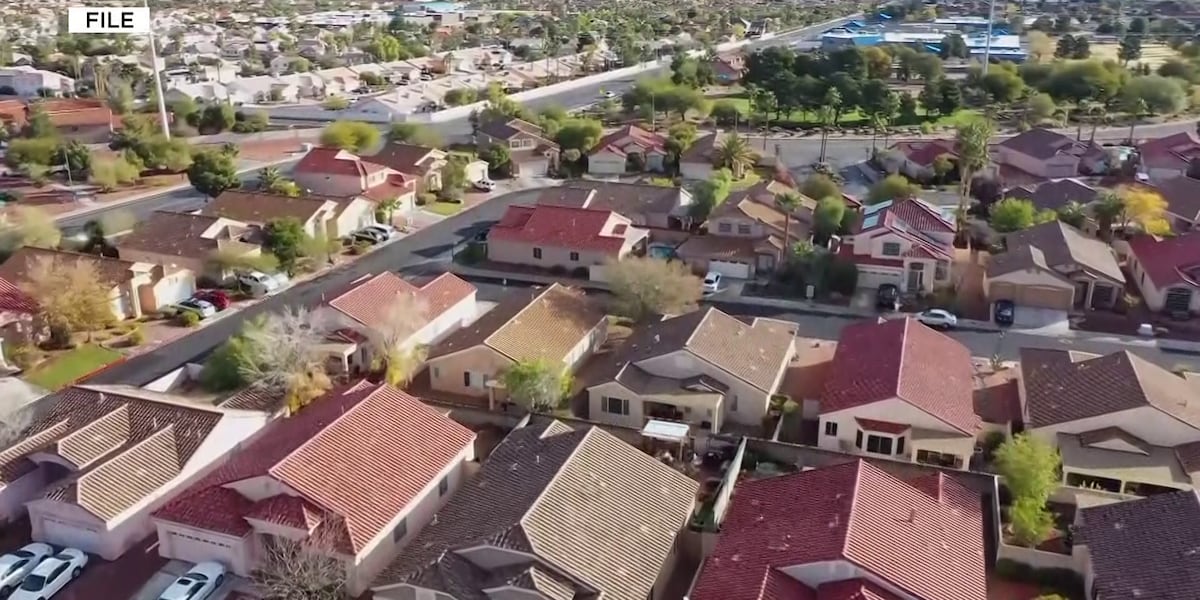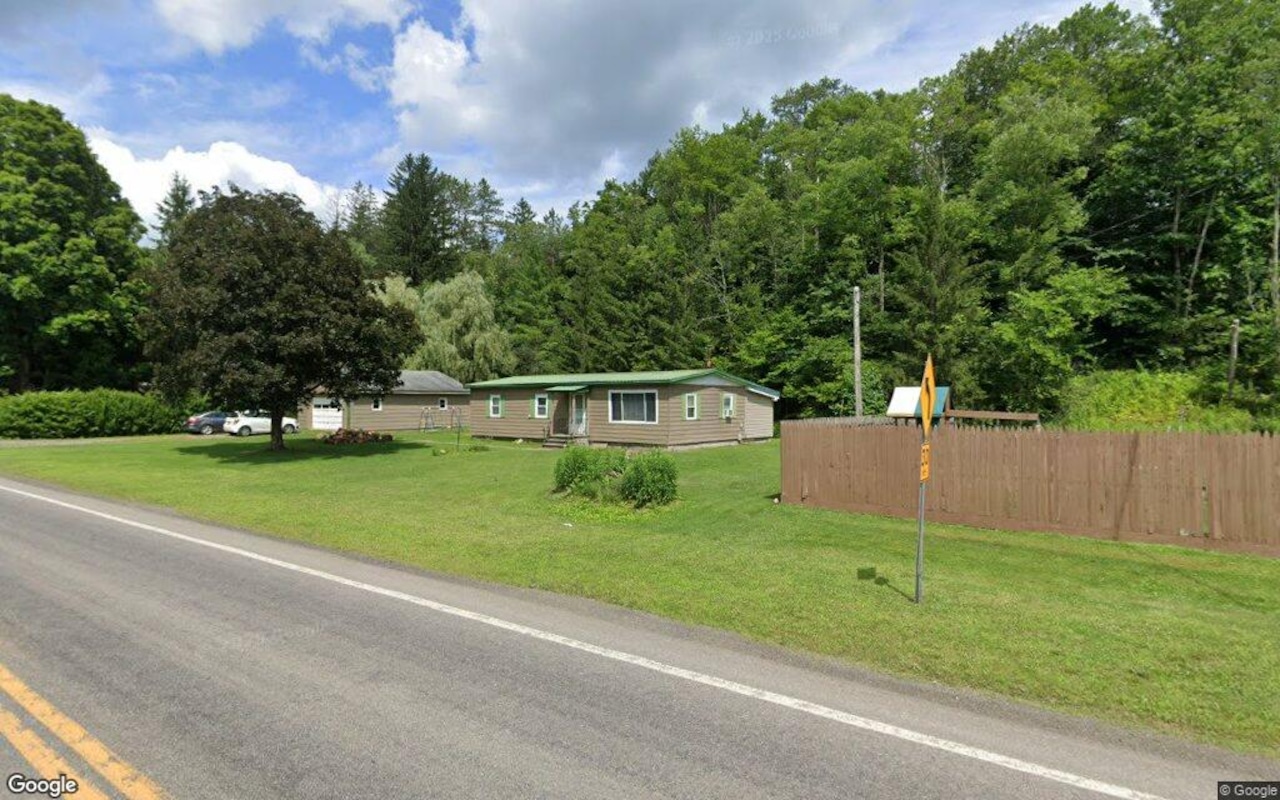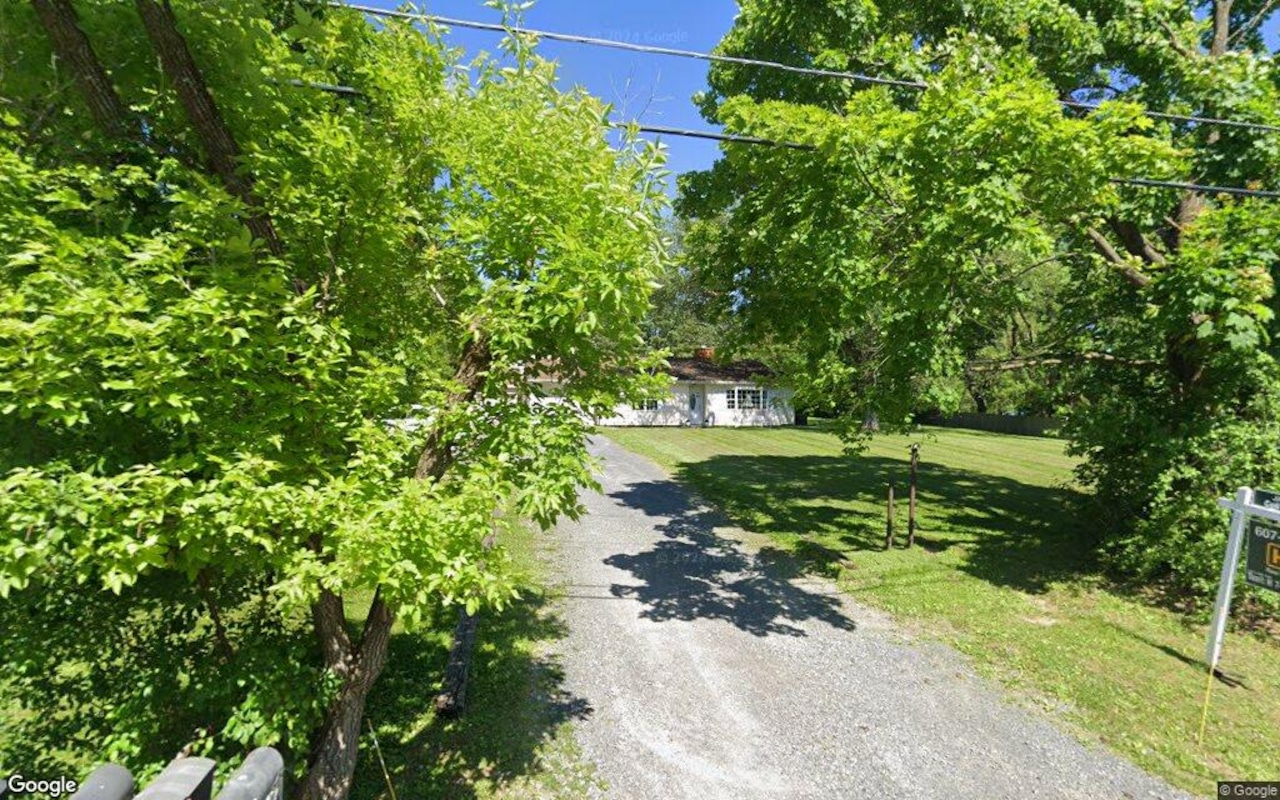T
he US residential real estate market has undergone a significant shift in recent years. Rising mortgage interest rates and property prices have made homeownership less affordable, leading to a decline in home sales and an increase in renter households. As a result, existing homeowners are staying put, while would-be buyers face limited options.
This market downturn is particularly challenging for real estate startups that were funded during the boom cycle. Several high-profile companies, such as Opendoor, Offerpad, and Better.com, have seen their share prices collapse after going public. Investors have also reduced funding for new real estate-related projects, with US companies in this sector raising just $3.5 billion so far this year.
The mortgage space has been particularly hard hit, with fewer homeowners refinancing due to higher rates. Funding for mortgage-focused startups has plummeted, down over 80% from the prior two years. Companies like Better.com and Doma have struggled, with Better.com approving a reverse stock split and Doma selling off its assets.
The "iBuyer" model, which relies on buying and holding vacant real estate, has also become less viable due to rising costs. Opendoor and Offerpad, two prominent players in this space, have seen their shares crater and laid off employees amid mounting losses. Private companies like Veev, a Bay Area startup that raised $600 million to reinvent the homebuilding process, have also faltered.
While commercial real estate has its own challenges, with WeWork emerging from bankruptcy, there are still areas of active fundraising in the industry, including rental management, eco-friendly building materials, and construction tools.














